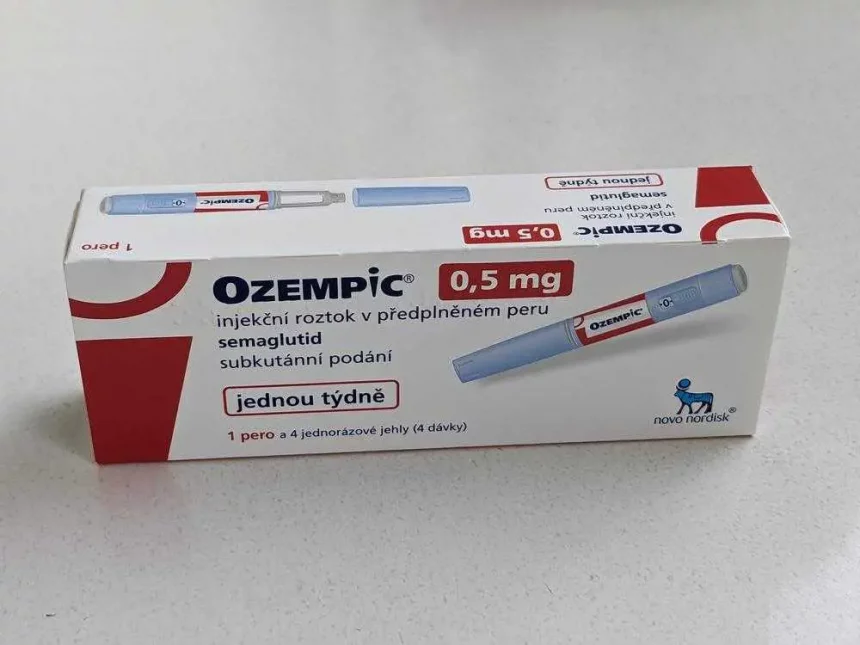In recent years, a surge of lawsuits has been directed towards pharmaceutical giants Eli Lilly and Novo Nordisk, focusing on the use of GLP-1 agonists such as Ozempic and Wegovy. Patients from all over the United States have come forward, claiming severe health issues linked to these medications that were initially praised for effectively managing diabetes and aiding weight loss. However, the balance between their benefits and reported adverse side effects, ranging from digestive problems to conditions requiring surgical intervention, has sparked legal scrutiny on the matter.
As these drugs gain popularity, the increasing number of lawsuits highlights a growing concern for patient safety and the adequacy of information provided regarding potential risks. This article aims to delve into the legal battles, the experiences of those affected, and the broader implications for the pharmaceutical industry and healthcare providers.
GLP-1 agonists have revolutionized diabetes management and weight loss treatments by mimicking the action of the glucagon-like peptide-1 hormone in the body. Medications like Ozempic, Wegovy, and Trulicity have been instrumental in regulating blood sugar levels, reducing appetite, and aiding weight loss. These dual benefits have made them a beacon of hope for individuals dealing with diabetes and weight management challenges.
However, personal stories like that of Paulsen Bronston shed light on the darker side of these drugs, with severe side effects leading to significant suffering for some users. Cases of severe diarrhea, gallbladder removals, and gastroparesis have emerged, underscoring the importance of weighing the benefits of these drugs against potential risks. The legal battle has intensified, with over sixty lawsuits centralized under U.S. District Judge Gene E.K. Pratter, alleging inadequate warnings about the severe digestive side effects from pharmaceutical companies like Eli Lilly and Novo Nordisk.
As the legal drama unfolds, it delves into the debate over the safety and efficacy of these medications. While the companies defend their products and highlight FDA approvals, personal experiences of adverse effects raise questions about adequate testing and transparency. This complex discussion underscores the critical need for comprehensive drug testing and clear communication to ensure patient safety and informed decision-making.






